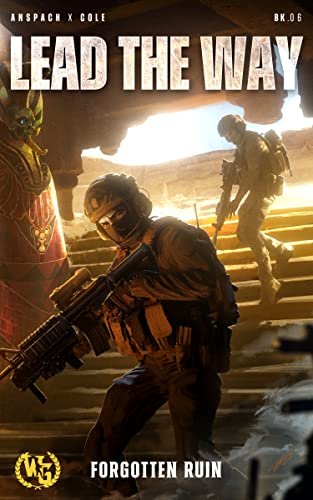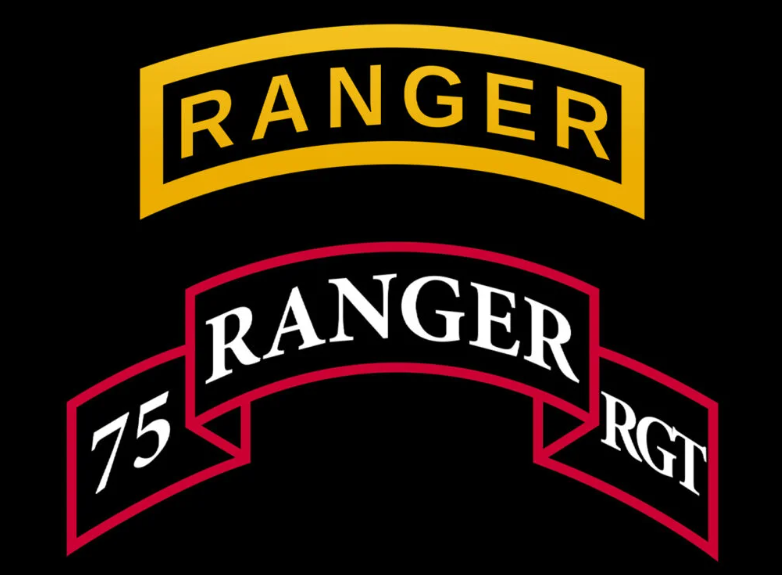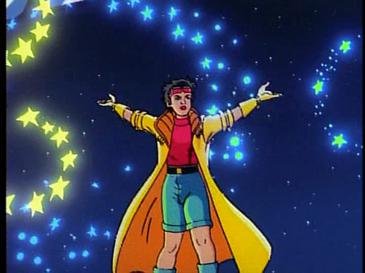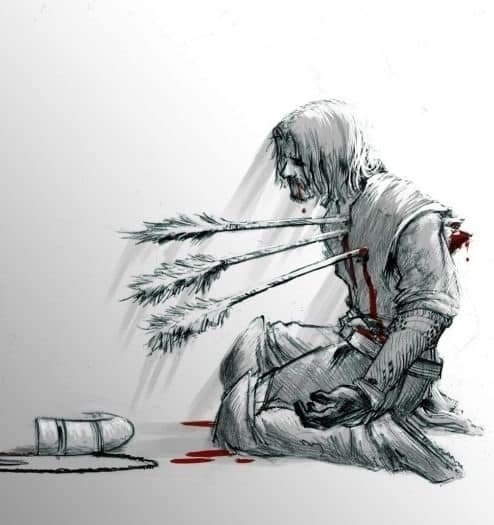Lead the Way: Forgotten Ruin Book 6
Lead the Way is the sixth book in the Forgotten Ruin series, and it hits all the right notes that make this series my current favorite. I was tempted to say this might be the best entry in the series yet, but it is really hard to top the wild magic that characterizes the eponymous first book Forgotten Ruin.

Lead the Way: Forgotten Ruin Book 6 by Jason Anspach and Nick Cole WarGate Books, April 1, 2022
Lead the Way gives us a huge battle between Rangers and monsters for the control of a city, Talker’s obsession with coffee, monsters from the Fiend Folio even I’ve never heard of, and heroic last stands, all served up in Talker’s signature elliptical war-memoir style.
Talker, as our narrator and POV character, has had quite a journey over the six books in this series so far. Many things that happen to him are very dramatic, such as his descent into a not at all metaphorical underworld in Book of Joe, but the change in who is he is both more and less astonishing than this. In a way, Talker is just more of who he always was, but now with added Ranger SMASH!

At the beginning, Talker felt out of place among the Rangers, even though he had gone out of his way to train up before joining the Army and then requested specialized training once in. He never really felt worthy of wearing the scroll, but clearly the Rangers saw more in him than he saw in himself.
On that journey, Talker lost a lot of things, but perhaps the greatest thing he lost was his illusions about himself, because they were holding him back. And since Talker apparently has a job to do in the Ruin, that is a thing that needed to happen.
The Ranger culture depicted in the Forgotten Ruin series is one of brutal honesty and continuous self-improvement. As many NCOs tell Talker, you pay rent on the scroll every day in the Rangers. A major part of this is the AAR, the after action review, which is a time when anyone can contribute what went well and what did not go well in whatever the Rangers are doing. In this book, even Captain Knife Hand and the Sergeant Major need to face their failures in the AAR.

In order for the AAR to work as intended, you need each and everyone involved to be willing and capable to be completely honest about themselves and their brothers. The culture of the Rangers is what makes that possible. For example, nicknames. There is a great scene in the book where Talker narrowly escapes getting tagged with Jubilee, the lamest of the X-Men, because the Rangers see his Ruin-revealed psionics as a lame power compared to Captain Knife Hand’s were-tiger form or the Ranger who turned into a minotaur.
If you freak out about a nickname, then everyone knows it hits home and it will stick forever. This is important, because it is part of the process of understanding yourself, and being capable of seeing yourself as you really are so you can contribute more. There are a million other little things that push you in this direction, or else out of the Rangers, but the key is that bros don’t let bros stay wrong. You have to be willing and able to tell someone something they did wrong, or to hear it from someone else without getting so torqued off about it you can’t hear the critical feedback, and a nickname or call-sign is just a micro instance of that.
Ranger culture is also about getting the mission done, no matter the cost. I’ve talked before about how art can be used as a social technology to inspire men to face their deaths, like Kipling’s "Soldier an' Sailor Too", perhaps better known as the Birkenhead Drill. For the Rangers, it is “Never shall I fail my comrades”. Death is a constant that the Rangers must face, and there have been many deaths along the way. Some deaths are just wrong time, wrong place kind of things, but since this is a romance, a series of marvelous adventures, we can expect that some deaths will be the kind of thing that inspire songs to be written. Or maybe in this case, a book.

Never shall I fail my comrades
I think G. K. Chesterton explained in words as well as you can:
“Take the case of courage. No quality has ever so much addled the brains and tangled the definitions of merely rational sages. Courage is almost a contradiction in terms. It means a strong desire to live taking the form of a readiness to die. 'He that will lose his life, the same shall save it,' is not a piece of mysticism for saints and heroes. It is a piece of everyday advice for sailors or mountaineers. It might be printed in an Alpine guide or a drill book. This paradox is the whole principle of courage; even of quite earthly or brutal courage. A man cut off by the sea may save his life if we will risk it on the precipice.
He can only get away from death by continually stepping within an inch of it. A soldier surrounded by enemies, if he is to cut his way out, needs to combine a strong desire for living with a strange carelessness about dying. He must not merely cling to life, for then he will be a coward, and will not escape. He must not merely wait for death, for then he will be a suicide, and will not escape. He must seek his life in a spirit of furious indifference to it; he must desire life like water and yet drink death like wine. No philosopher, I fancy, has ever expressed this romantic riddle with adequate lucidity, and I certainly have not done so.
― G.K. Chesterton, Orthodoxy
To Ranger, to live the Creed, is to continually step within an inch of death. And when death does claim those who will not fail their comrades, then it is possible for even a Ranger to cry.
I received a review copy of this book from the publishers. You can find Lead the Way at Amazon.
My other book reviews | Reading Log
Forgotten Ruin
Forgotten Ruin Book Review
Hit & Fade: Forgotten Ruin Book 2 Book Review
Violence of Action: Forgotten Ruin Book 3 Book Review
Lay the Hate: Forgotten Ruin Book 4 Review
Book of Joe: Forgotten Ruin Book 5 Review



Comments ()